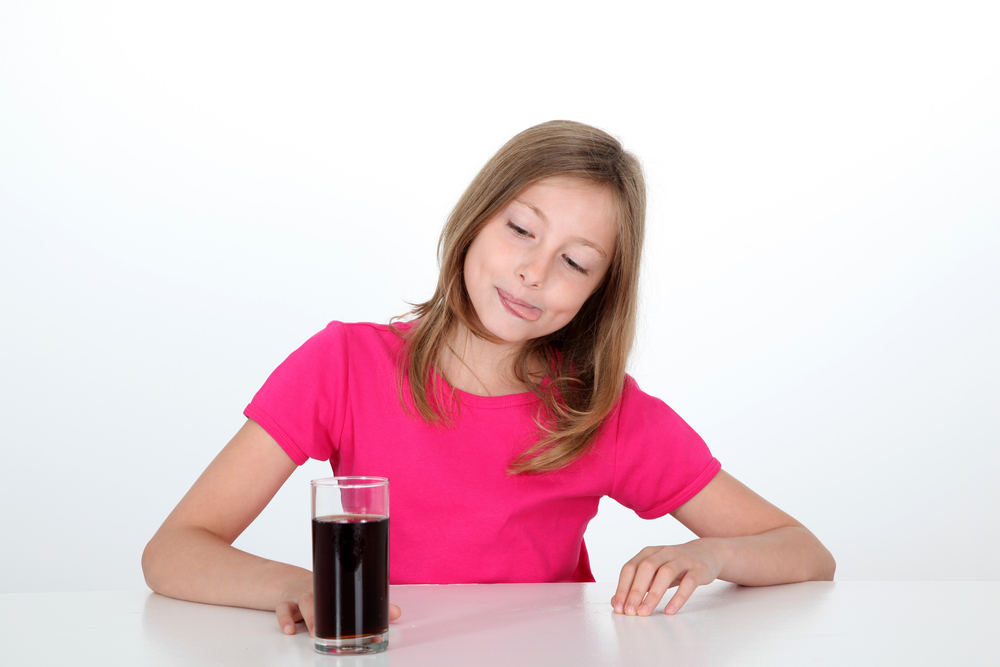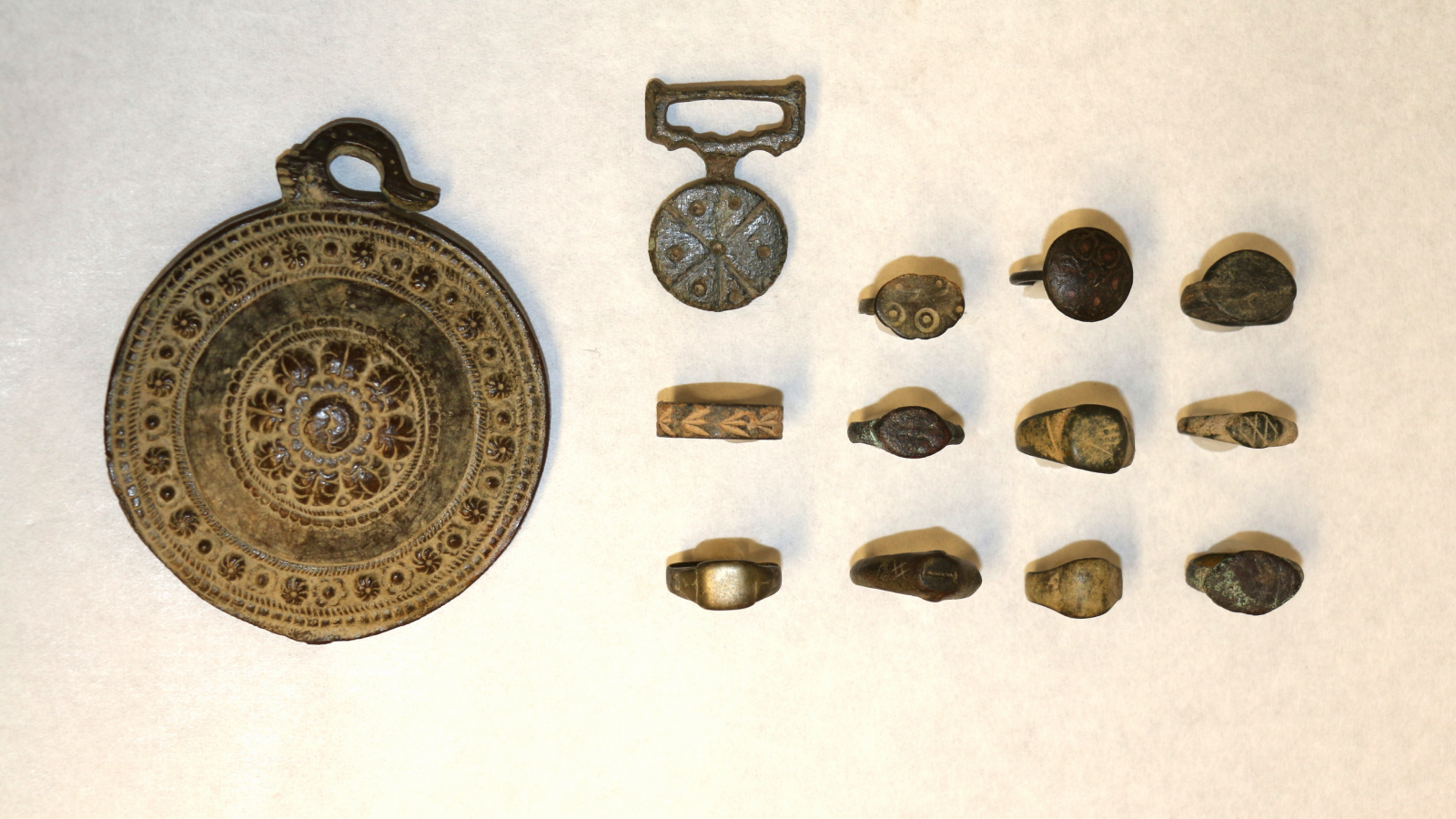Kids and Caffeine: How Much is Too Much?


Dr. Sanjay Mehta is division chief of the Pediatric Emergency Department at CentraState Medical Center in Freehold, N.J. He contributed this article to Live Science's Expert Voices: Op-Ed & Insights.
A Starbucks frozen drink after school, a can of Coke with dinner, and a chocolate bar for dessert — how much caffeine is too much for kids?
Ideally, children under 12 shouldn't be consuming caffeine at all. We now know that it doesn't stunt kids' growth, but caffeine is still a drug — and it's important for parents to be vigilant about what their kids are drinking.
This may be easier said than done, however. While research shows that soda consumption has fallen among kids in recent years, coffee and caffeine-laden "energy drinks" are becoming more and more popular with the under-18 crowd. Energy drinks , which often taste sweet and appealing to kids, are a particular concern: The American Academy of Pediatrics even issued a 2011 warning stating children and teens shouldn't consume them. The reason? Caffeine is a powerful stimulant.
How caffeine affect's a child's body
In recent years, emergency room doctors have seen more cases of caffeine overdose — which in rare cases can lead to death. Particularly dangerous are caffeine pills, caffeinated workout supplements, and pure caffeine powder, which can be added to both food and drink.
When you're consuming caffeine in hot coffee, you usually sip it over a period of an hour or more. A caffeine pill or powder is essentially a shock to the central nervous system. Another concern is the recent fad of teens combining energy drinks with alcohol. The caffeine decreases the sensation of feeling drunk and that can lead to risky behaviors and bad decision-making.
Get the world’s most fascinating discoveries delivered straight to your inbox.
Common side effects of caffeine include jitteriness, nervousness, an upset stomach, increased blood pressure and heart rate, and problems sleeping and concentrating. Caffeine can also interfere with some medications.
More severe symptoms associated with caffeine overdose include gastrointestinal distress, extreme restlessness, a flushed face, frequent urination, a rambling flow of thought, high heart rate and heart arrhythmia. An overdose can even lead to severe medical conditions such as seizures and cardiac arrest. Thankfully, such cases are rare.
Caffeine conversations
The kids we see in the ER who unintentionally overdose on caffeine usually have an existing problem. If you already have an anxiety, heart or nervous system disorder, high levels of caffeine can certainly intensify your symptoms.
So what's the best plan of action for parents? Keep the lines of communication open — talk about the risks of caffeine the same way you talk about the dangers of smoking. [5 Experts Answer: Is Caffeine Bad for Kids? ]
With older kids, you've got to be realistic — they will probably have some caffeine — but pay attention and supervise them. Watch what you keep in the house. Even bottled iced tea and some over-the-counter medications have a good deal of caffeine.
Admittedly, adults and kids have varying levels of sensitivity to caffeine, which can linger in the body for four to six hours. Know that weight, medications and overall health can play a role in how caffeine affects you; even though you can drink two cups of coffee in the morning doesn't mean your teenager can — or should.
Caffeine do's and don'ts for parents:
- Do be aware of how much caffeine is in each drink your child consumes. (Check out www.caffeineinformer.com for up-to-date info on specific drinks and foods.)
- Do talk to your kids about caffeine the same way you discuss smoking and drinking.
- Do be a good role model. If you limit your caffeine intake — and talk to your kids about why you are doing so — you set an example of moderation.
- Don't assume seemingly benign drinks like bottled iced tea or frozen lattes don't have much caffeine. Amounts can vary depending on brand and serving size.
- Don't ignore the warning signs (insomnia, restlessness) that your child is consuming too much caffeine.
- Don't forget about sugar. Many caffeinated beverages are also loaded with calories from sugar, which can lead to obesity and tooth decay.
Safe daily levels of caffeine
- Adults: 300-400 milligrams (mg) (about three eight-ounce cups of coffee)
- Teens: 100 mg (about three cans of Coke)
- Kids aged 10 to 12 years old: 85 mg (about two cans of Coke)
- Kids aged 7 to 9 years old: 62.5 mg (one and half cans of Coke)
- Kids aged 4 to 6 years old: 45 mg (one can of Coke)
Follow all of the Expert Voices issues and debates — and become part of the discussion — on Facebook, Twitter and Google+. The views expressed are those of the author and do not necessarily reflect the views of the publisher. This version of the article was originally published on Live Science.



